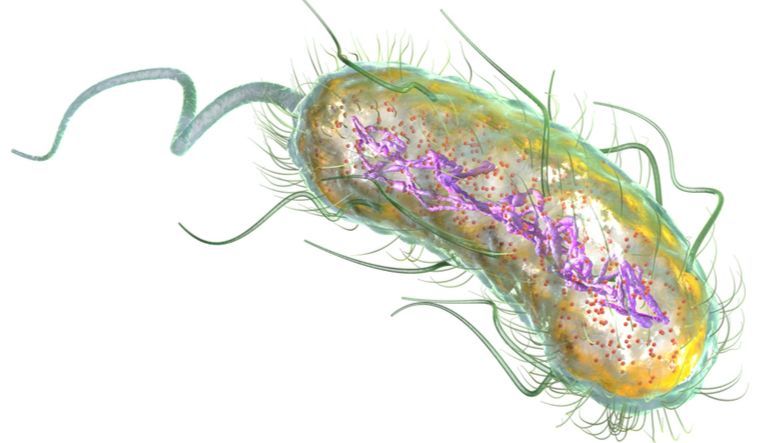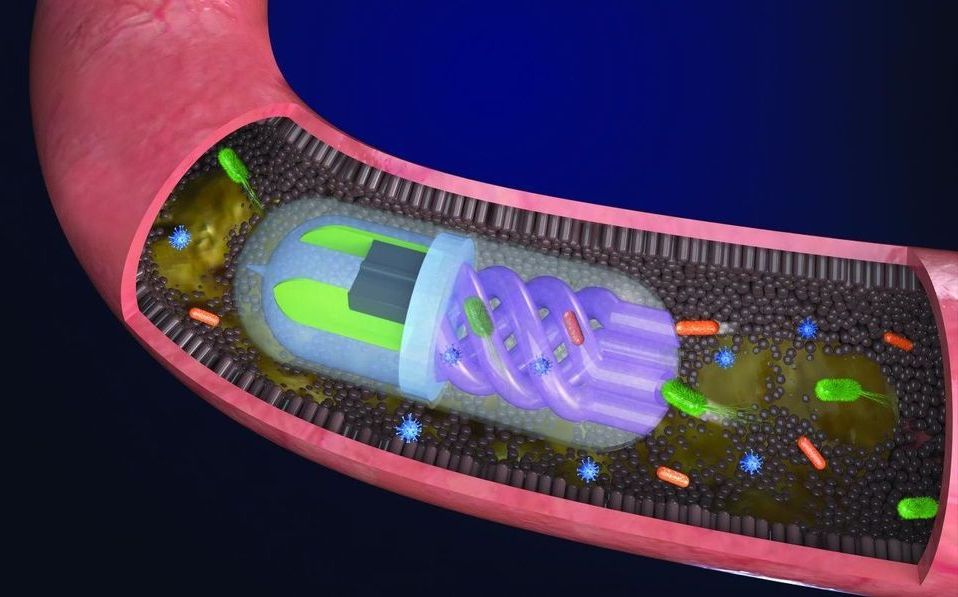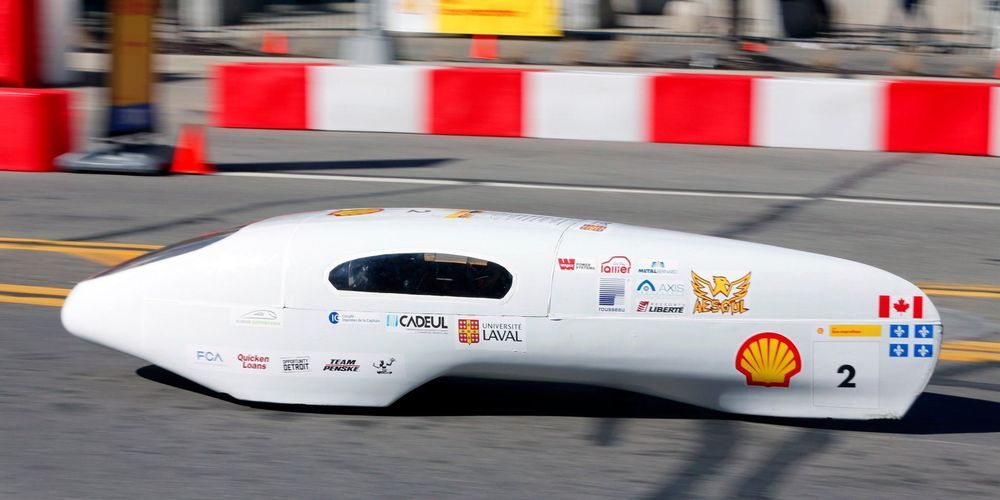Most people who’ve been jabbed by a needle know the drill: First the pierce, then the sharp, searing pain and an urge to pull away, or at least wince. While the exact circuitry behind this nearly universal reaction is not fully understood, scientists may have just found an important piece of the puzzle: a previously unknown sensory organ inside the skin.
Dubbed the nociceptive glio-neural complex, this structure is not quite like the typical picture of a complex organ like the heart or the spleen. Instead, it’s a simple organ made up of a network of cells called glial cells, which are already known to surround and support the body’s nerve cells. In this case, the glial cells form a mesh-like structure between the skin’s outer and inner layers, with filament-like protrusions that extend into the skin’s outer layer. (Also find out about a type of simple organ recently found in humans, called the interstitium.)
As the study team reports today in the journal Science, this humble organ seems to play a key role in the perception of mechanical pain—discomfort caused by pressure, pricking, and other impacts to the skin. Until now, individual cells called nociceptive fibers were thought to be the main starting points for this kind of pain.






